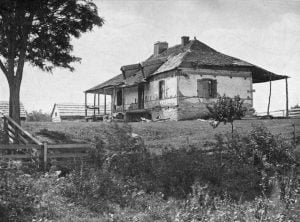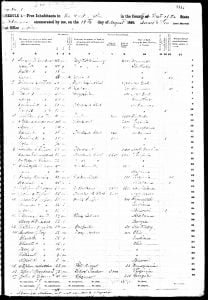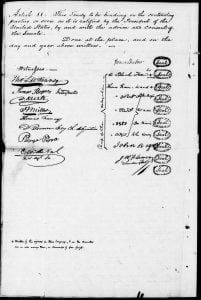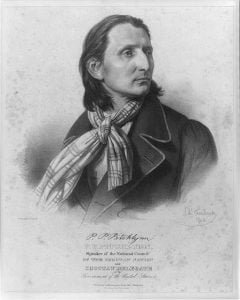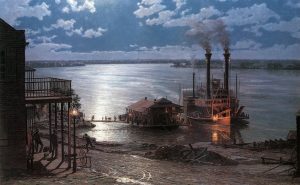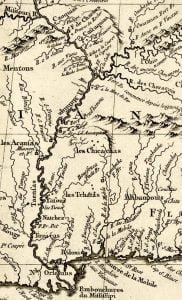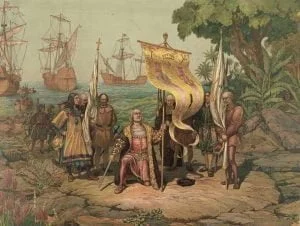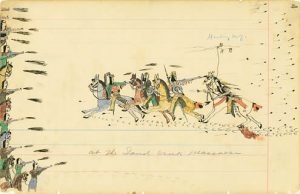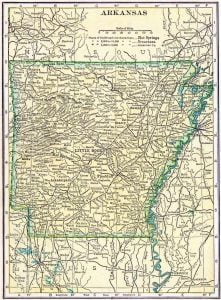Earliest Known Traders on Arkansas River
With the help of contemporary records it is possible to identify some of the early traders at the Mouth of the Verdigris. Even before the Louisiana Purchase, hardy French adventurers ascended the Arkansas in their little boats, hunting, trapping, and trading with the Indians, and recorded their presence if not their identity in the nomenclature of the adjacent country and streams, now sadly corrupted by their English-speaking successors. French Influence in Arkansas One of the first of the French traders up the Arkansas whose name has been recorded was Joseph Bogy, an early resident of the old French town, Arkansas … Read more

